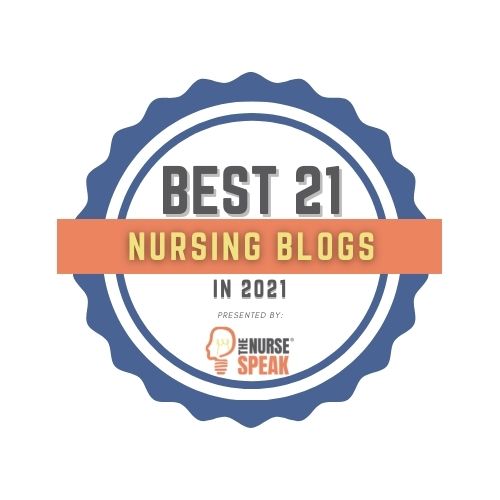 This blog was originally posted on Calling all Nurses – As our healthcare system becomes more complex and patient care becomes more involved, nurses have been shifting into diverse nursing specialities to meet the growing needs of our communities.
This blog was originally posted on Calling all Nurses – As our healthcare system becomes more complex and patient care becomes more involved, nurses have been shifting into diverse nursing specialities to meet the growing needs of our communities.
In this four part series, you will become more familiar the roles and responsibilities of 20 different nursing specialties that currently exist in today’s healthcare settings.
In this article, we will focus on five of these nursing specialties: Ambulatory Care Nurse, Burn Care Nurse, Camp Nurse, Cardiac Care Nurse, and Cardiac Cath Nurse.
Ambulatory Care Nurses provide specialty patient care that occurs across the continuum of healthcare in a variety of settings, which include but are not limited to: hospital-based centers, solo or group medical practices, ambulatory surgery & diagnostic procedure centers, telehealth service environments, university and community hospital clinics, military and veterans administration settings, nurse-managed clinics, managed care organizations, colleges and educational institutions, free standing community facilities, care coordination organizations, and patient homes.
Their roles and responsibilities include but are not limited to: multifaceted patient care that focuses on pain management and general health education for patients, medical screenings, triage, outpatient recovery, evaluating effectiveness of care provided, and other care that helps restore a patient’s ability to live independently.
Burn Care Nurses treat patients who have been burned, whether from hot water, oil, chemicals, or electricity. Working mostly in burn care units, intensive care units, and trauma centers, burn care nurses must not only care for their patients’ physical well-being, but also the emotional and psychological toll that burns and their aftermath may cause. These nurses are also responsible for educating families on how to treat burns, as well as children and parents on burn prevention.
Their roles and responsibilities include but are not limited to: multifaceted patient care that focuses on pain management, infection control, wound treatments, patient and family psychosocial support, evaluating effectiveness of care provided, and other care that may help restore a patient’s ability to live independently.
Camp Nurses give medical care to people attending camps and retreats. Because camp attendees can include children and adults, healthy or ill, Camp Nurses possess a wide array of medical skills and knowledge. They spend most of their time establishing camp wellness centers and creating comprehensive health plans to meet the healthcare needs of the camp personnel and attendees.
Their roles and responsibilities include but are not limited to: multifaceted patient care that focuses on treating minor injuries, communicable disease prevention and management, and development and implementation of safety guidelines for all activities at camp.
Cardiac Care Nurses work primarily with patients that suffer from heart diseases and other heart conditions. They can work in a wide variety of settings, including coronary care units, intensive care units, operating rooms, intermediate care units, cardiac rehabilitation centers, private clinics, and ambulatory care facilities. They specialize in identifying actual and potential cardiac health risks related to EKG changes, telemetry interpretation, and patient assessment.
Their roles and responsibilities include but are not limited to: multifaceted patient care that focuses on preventing and treating cardiac disease or illness, providing post cardiac intervention recovery, providing education to patient and family members related to their specific care plan, and evaluating effectiveness of treatments provided.
Cardiac Cath Nurses assist doctors performing cardiac catheterization procedures to determine percentage of coronary artery blockage, and to provide treatment that may include angioplasty, or stent placement. They specialize in identifying actual or potential cardiac health risks, and in some cases, they can further specialize in performing actual catheterization procedures.
Their roles and responsibilities include but are not limited to: multifaceted patient care that focuses on patient safety and patient education during all phases of procedures performed, preparing patients for cardiac cath procedures, providing post procedure care, and evaluating effectiveness of treatments provided.
As you can see, there is so much diversity among the five nursing specialities listed above, and to think that there are 104 in total! We encourage you to get out there and learn more about the wonderful opportunities that specializing in nursing can offer you and your patients. Stay tuned for Part 2 where we will highlight 5 more wonderful nursing specialties.
Best Wishes!
-Damion












